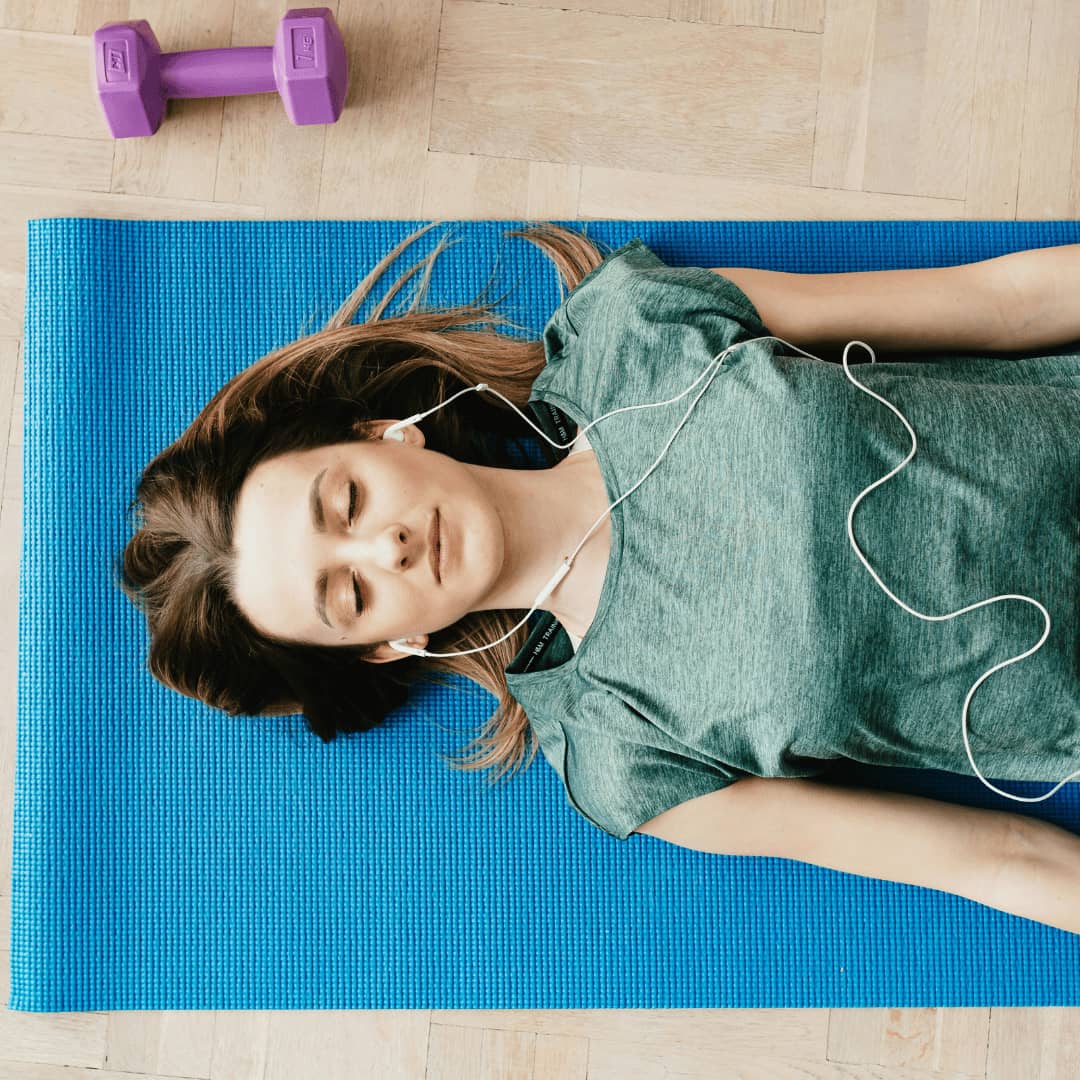There’s a clear synergy between prescribed plant medicine and the complementary lifestyle practices and activities, with one supporting the other. We’re all aware that we can’t always rely on medicine alone to manage chronic conditions – in short, holistic health goes well beyond the prescription, so let’s explore some simple lifestyle tools to incorporate into your routine.
Meditation & mindfulness
Meditation and mindfulness can be powerful companions to plant medicine, assisting you to calm and clear your mind, relax your thoughts, observe emotions and regulate your mental state.
Regardless of physical abilities, meditation and mindfulness techniques can be adapted to suit individual needs, including seated, guided or paired with breathing exercises.
While it may see a little ‘woo-woo’ at first, see how you can take the time to be more mindful across your day, which will in turn help you to stay attuned with your senses and understanding how plant medicine impacts your body.
As a simple first step, take 5 minutes today for focused box breathing – inhale for 4 seconds, hold for 4 seconds, exhale for 4 seconds, hold for 4 seconds.
This type of breathing helps to calm our nervous system, and there is good research already to suggest daily sessions of breathing, meditation, mindfulness or a combination of all 3 can be beneficial to overall physical and mental health.
Movement & medicine
Movement benefits our bodies in a myriad of ways, but getting physical doesn’t mean just hitting the treadmill or the weights. Gentle exercises like yoga, stretching, aqua therapy or even dancing can improve flexibility, balance and resilience, reconnecting you to your physical body.
Making time for daily movement in your life can also boost endorphins and improve your mood, allow you to work through difficult emotions, improve your resilience and beyond – the right type of movement for you is one you can commit to every day.
A 30-minute walk in nature, a stretching tutorial on Youtube from home, or even seated stretches and adjustments you can do from your desk all come together to support your optimal physical health.
Your holistic toolbox
We all have different hobbies and interests, so why not create a ‘toolbox’ of practices and strategies that support your wellbeing. If you love reading, keep a selection of books or articles that you lean on to uplift, inspire and promote a positive mental state.
Others may find solace in art therapy or doodling, playing an instrument, listening to music, playing a sport or cooking up a storm.
Aim to identify at least 3 activities that leave you feeling better than when you started, that benefit both physical and mental wellbeing and revisit this toolbox regularly, adding to it and adjusting depending on your needs. Your holistic health toolbox is essentially a series of steps you can take to feel better, more centred, or just more like you, empowering you to take part of your health journey into your own hands.
Connection
It’s no secret that loneliness negatively impacts our bodies and minds, so take stock of who you have in your social, family, work and community circles who you can rely on when you’re having a rough day.
Whether it’s a mentor, a friend or family member, or a professional counsellor or therapist, it’s essential to have someone you can freely speak to alongside your Doctor. Feel confident communicating with your support network when you’re at a low point and aim to proactively make outreach to those people.
If you happen to live away from friends and family, see how you can create anchors in your local community at your favourite coffee shop, local library or even consider volunteering to give back while you reconnect.
Embracing holistic lifestyle practices will only support and enhance your plant medicine treatment plan, helping you to form habits that will promote mental and physical balance that will benefit you through all chapters of your life.
Disclaimer: The information provided here is for educational purposes only and should not be considered as legal advice. For accurate legal guidance, please consult with relevant legal authorities or a qualified professional.

